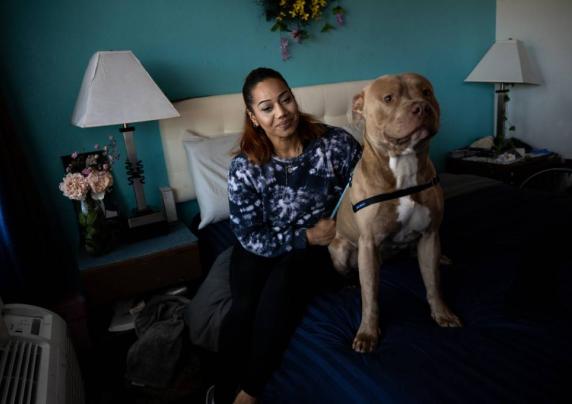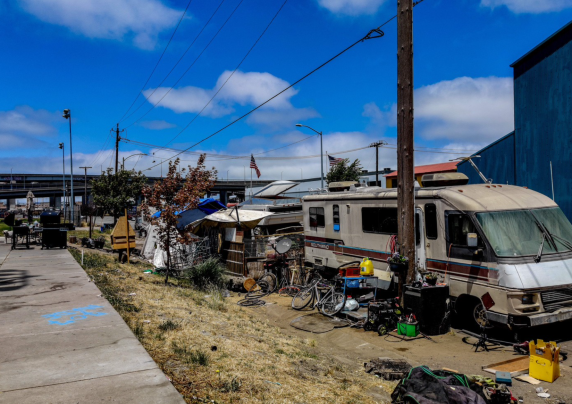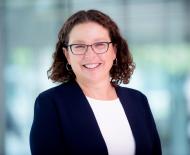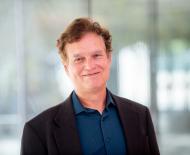City of Berkeley Encampment Resolution Evaluation
Understanding What Helps People Move from Encampments Into Shelter
In January 2025, the City of Berkeley launched an innovative encampment resolution initiative at 2nd and Cedar Street. The program pairs low-barrier shelter and case management services with a rare offering: cash payments to residents in exchange for their RVs.
At the City’s request, the UCSF Benioff Homelessness and Housing Initiative (BHHI) is conducting a scientifically rigorous, independent evaluation to understand what works, what doesn’t, and how future programs can better support people as they move from encampments into shelter and housing.
What We're Studying
Through in-depth interviews and ethnographic observation, we’re examining:
• Who accepts and why — What motivates people to move into shelter or sell their RVs, and what strategies improve uptake.
• Who declines and why — Barriers for those who turn down offers, where they go next, and how they're affected.
• What happens next — How the intervention impacts housing, safety, health, and overall well-being for those who accept and those who don't.
Early Results
As of July 2025, the program has:
• 26 rooms in use
• 56 residents moved indoors
• 26 companion animals accommodated
Among the 21 vehicles offered the buyback opportunity, all but one accepted.
Why This Approach Stands Out
Several program design choices appear to make it easier for residents to say “yes” compared to typical encampment resolutions:
• Pet-Friendly Shelter – Allowing companion animals removes a major barrier.
• Household Flexibility – Residents can stay with partners, friends, or roommates.
• RV Buybacks – Paying residents for their vehicles preserves a key asset, often used for housing deposits or other needs.
• Low-Barrier Shelter – Private rooms, flexible rules, and designated areas for smoking and other substance use increase accessibility.
• Trust-Building First – Outreach workers built relationships before extending offers, improving uptake.
Why It Matters
As communities struggle to address unsheltered homelessness with limited resources, it’s more important than ever to understand the most effective solutions.
We’re generating insights that can inform Berkeley’s efforts and help guide communities across the country in their efforts to reduce unsheltered homelessness.



